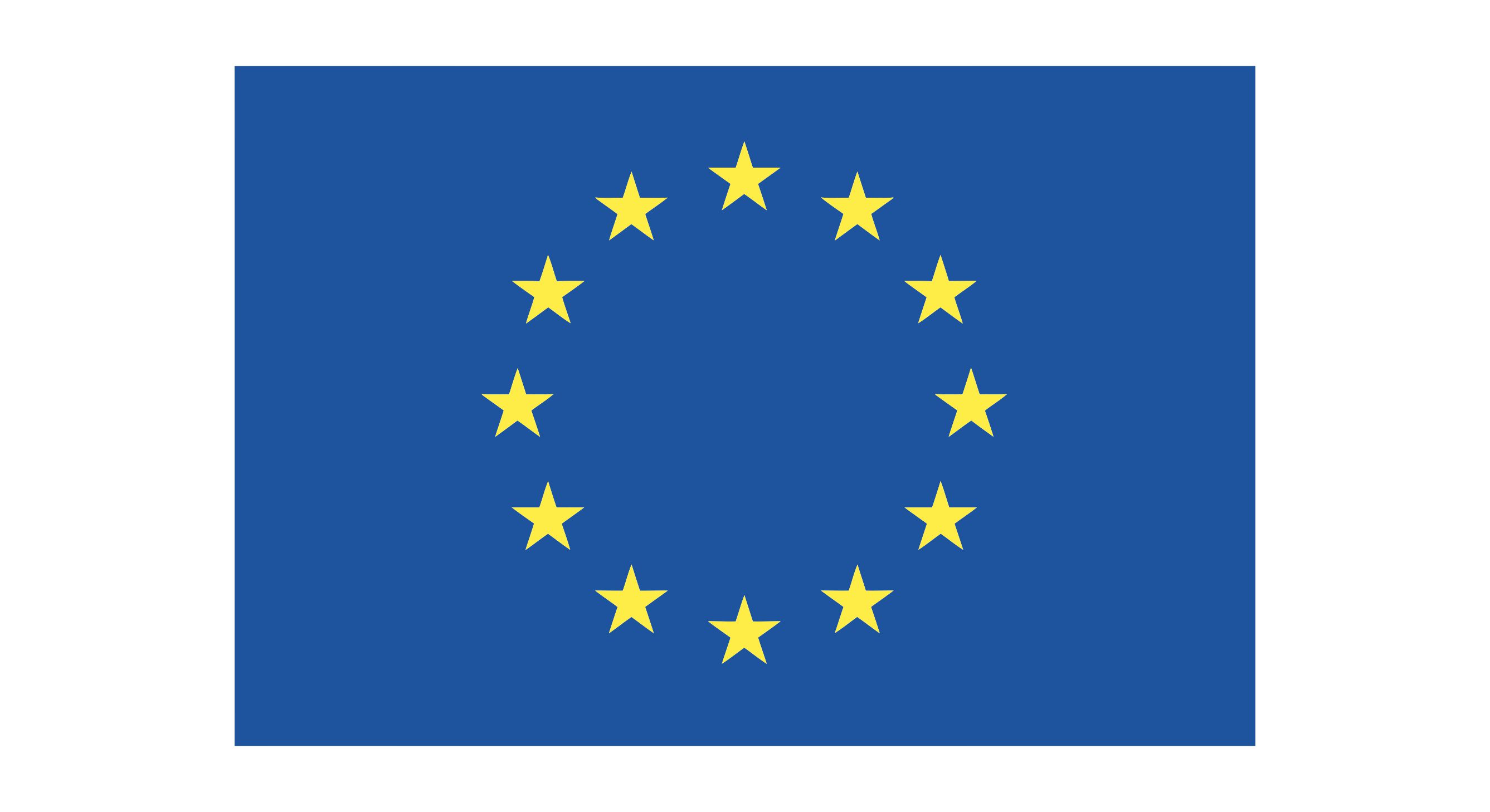Project: Development of an International Model for Curricular Reform in Multicultural Education and Cultural Diversity Training (DOIT)
Date: 2015
Status: Completed
"Development of an International Model for Curricular Reform in Multicultural Education and Cultural Diversity Training" DOIT project was implemented with the financial support of the EU TEMPUS program.
The project aimed to enhance the quality of educational programs for promoting multicultural education, human and children’s rights and cultural diversity through a multi-faceted program that brought about curriculum reform in its partner's Higher Educational Institutions in Israel and in Georgia.
Target universities:
• Ilia State University
• Tbilisi State University
• Sokhumi State University
• Telavi State Univeristy
• Samtske-Javakheti State Teaching University
Project Consortium
Israeli & European Partners:
• Gordon Academic College of Education
• Sakhnin Academic College
• Kaye Academic College
• Interdisciplinary Center of Herzliya
• Sapir Academic College
• Ben Gurion University
• Student Union of the Interdisciplinary Center of Herzliya
• University of Koblanz-Laundau
• Brighton University of London
• Institute of Education, University of London
• University of Education of Upper Austria
• Han University of Applied Sciences
• JaanTonisson Institute
• Israel Encounters Association
• Students of at Gordon Academic College of Education, Sakhnin Academic College
Georgian Partners:
• Civic Development Institute (CDI)
• Centre for Civil Integration and Inter Ethnic Relations
• Ilia State University
• Tbilisi State University
• Sokhumi State University
• Telavi State University
• Samtskhe-Javakheti State University
• Students of Ilia State University, Telavi State University and Samtskhe-Javakheti State University
Activities & Achievements
• Design and piloting of new innovative courses for BA, MA students and in-service teachers in five of the Georgian HEI (Ilia State University, Tbilisi State University, Sokhumi State University, Telavi State Univeristy, Samtske-Javakheti State Teaching University). These culturally relevant and specific courses are aimed to promote multicultural education and human rights for Georgian region. Each course includes a variety of materials such as syllabi, teaching and learning materials, and model lesson plans for the different target groups of the program (BA, MA and in-service teachers). The key courses that have been developed are: Children’s Rights in and Through Education, Pedagogical approaches that promote intercultural-ethnic understanding in the classroom, Identity Formation in a Multicultural Environment, Multiethnic Georgia.
• Developing and Implementing Faculty Workshops: CCIIR trained academic faculty of Georgian HEIs to teach and implement DOIT's courses and have an understanding of multicultural education and principles and of human and children's rights. In addition, teaching manuals were developed. So, these faculty workshops and published manuals provided the faculty with the necessary tools to implement and disseminate the new curriculum.
• Development of Out of the Classroom Activities: Program of outside of the classroom activities for students aimed to promote positive inter-cultural relations. Center for Civil Integration and Inter-ethnic Relations together with three student unions in Georgia that are members of DOIT’s HEI developed the list of possible activities to promote campus diversity, develop intercultural sensitivity in students and increase their social involvement. Basically the activities that were discussed and suggested by CCIIR included film screenings for discussion, invitation of guest speakers, seminars, excursions, support initiative on creating student club, multicultural events etc.
• DOIT's portal http://tempus-doit.sapir.ac.il was launched and enabled the collaborative work process, communication among members, dissemination of DOIT's work and the sustainability of the program.
About DOIT
DOIT’s vision and aim is to promote multiculturalism, diversity and children’s rights in academic programs at higher educational institutions in general and for teacher-training programs in particular. For this purpose around 100 academics from 21 different institutions collaborated and developed five different courses. The aims and objects of these courses is to provide students with the knowledge, skills and values that promote the objectives of the program. In addition DOIT’s program involved students in six of their universities who worked with their faculty or members of NGOs to develop extra-curricular activities aimed to promote intercultural relations on campus or a deeper understanding of the issues of multiculturalism and diversity in their society.
About TEMPUS
TEMPUS is the European Commission's program, which supports the modernization of higher education in the EU's surrounding area. Tempus promotes institutional cooperation that involves the European Union and Partner Countries and focuses on the reform and modernization of higher education systems in the Partner Countries of Eastern Europe, Central Asia, the Western Balkans and the Mediterranean region.
